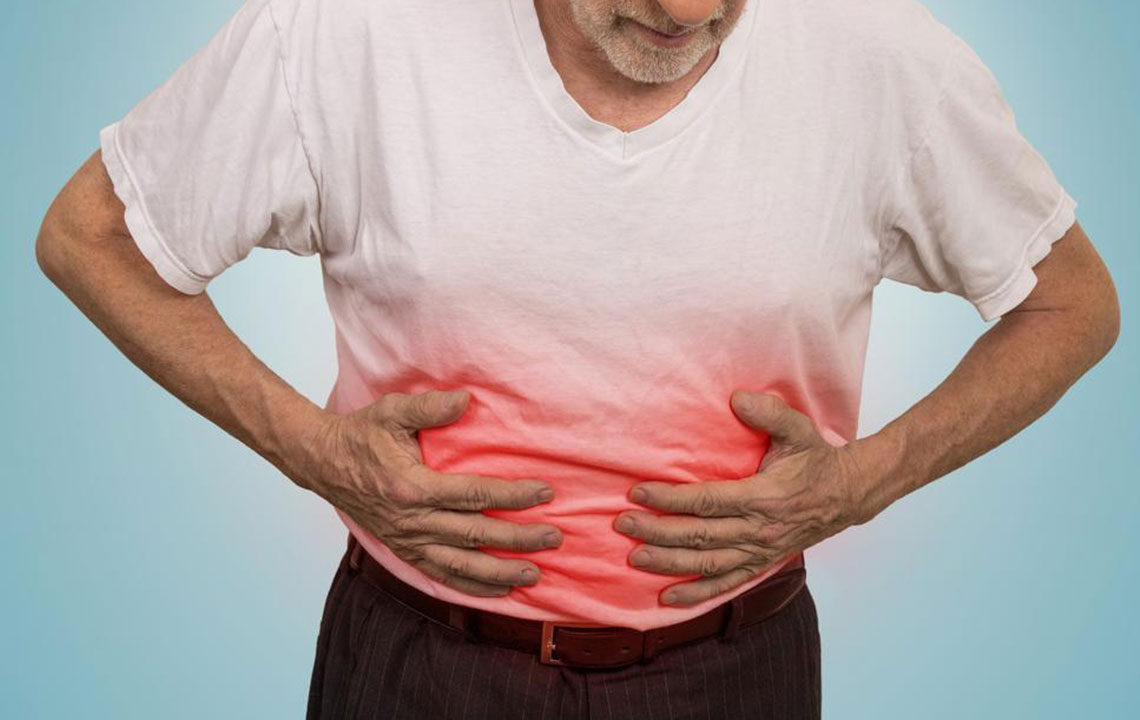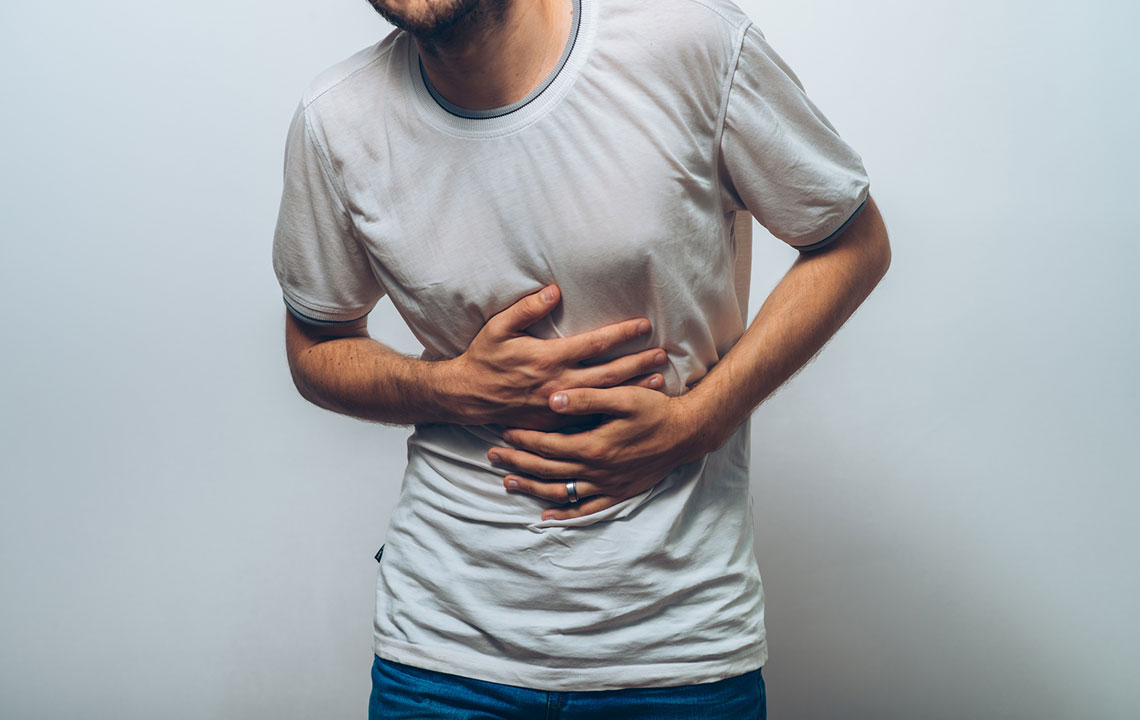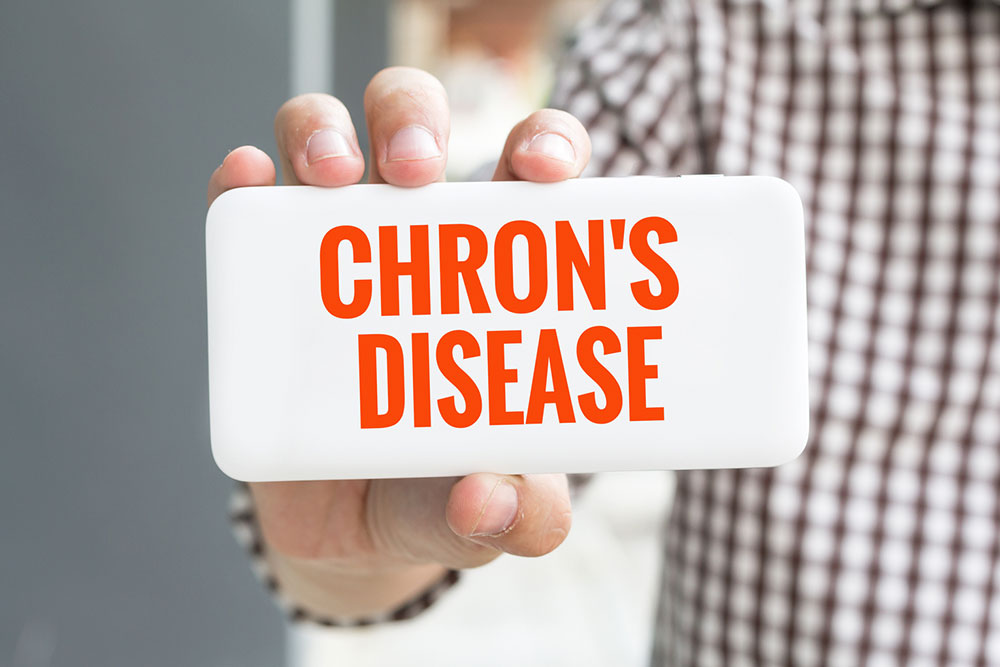Understanding Crohn's Disease: Causes, Symptoms, and Treatment Strategies
Discover comprehensive insights into Crohn's disease, including its causes, symptoms, and treatment options. Learn how early detection and management strategies can improve quality of life for those affected. Explore diet modifications, medical treatments, and lifestyle tips to effectively control this chronic condition and prevent complications.

Understanding Crohn's Disease: Causes, Symptoms, and Treatment Strategies
Crohn’s disease is a chronic condition characterized by inflammation of the gastrointestinal tract, mainly affecting the small intestine and colon. The inflammation can disrupt normal digestion, cause pain, and sometimes lead to serious complications if untreated.
Possible Causes While the exact cause remains unidentified, researchers believe autoimmune responses to intestinal bacteria, hereditary factors, smoking habits, and age may contribute to the development of Crohn’s disease.
Signs and Symptoms Symptoms may develop gradually or occur suddenly, worsening over time. Common signs include:
Abdominal pain and cramps
Frequent diarrhea
Blood in stool
Fever
Urgent bowel movements
Fatigue
In severe cases, patients may experience:
Perianal fistulas
Ulcers between the mouth and anus
Anemia causing shortness of breath
Joint and skin inflammation
Early detection of these symptoms can facilitate timely treatment and prevent complications.
Diagnosis and Management Since the exact cause of Crohn’s disease is unknown, a healthcare provider may perform various tests to confirm diagnosis and assess tissue damage. Tests include:
Blood and stool analysis for inflammation and anemia
Capsule endoscopy to visualize the small intestine
Colonoscopy or sigmoidoscopy for the lower GI tract
Imaging scans like CT or MRI to detect complications
While no cure exists, treatment focuses on reducing symptoms and preventing progression. Anti-inflammatory and anti-diarrheal medications are common options.
Additional management methods involve:
Diet and Nutrition Nutritionists can guide patients to identify foods that influence symptoms. They recommend keeping food diaries and developing personalized diets to maximize nutrient absorption while minimizing adverse effects.
Surgical Interventions Nearly 75% of Crohn’s patients may require surgery to remove damaged sections of the digestive tract, repair tissue, or treat infections. The choice depends on individual symptoms, disease severity, and response to treatment.
Other supportive approaches include:
Probiotics to restore healthy gut bacteria
Prebiotics in foods like bananas and artichokes to nourish beneficial bacteria
Omega-3 rich fish oils under study for potential benefits
Aloe vera’s anti-inflammatory properties for symptom management
Effective management also involves lifestyle adjustments like moderating fiber and fat intake, staying hydrated, and consuming vitamin-rich foods. Emotional support, including joining support groups and counseling, can help patients cope with the diagnosis and treatment challenges.
Note: The information provided is for educational purposes only. Readers should consult healthcare professionals for personalized advice. Our content aims to share helpful insights but is not a substitute for professional medical guidance. No responsibility is taken for discrepancies or updates outside this platform.










